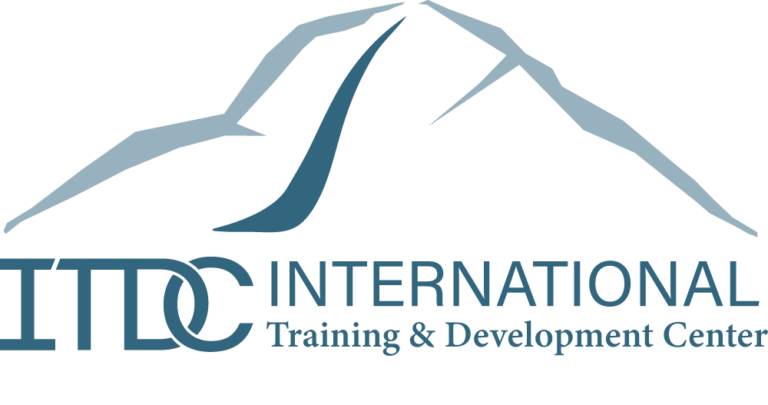Solar Energy Programming
Understanding the Issue
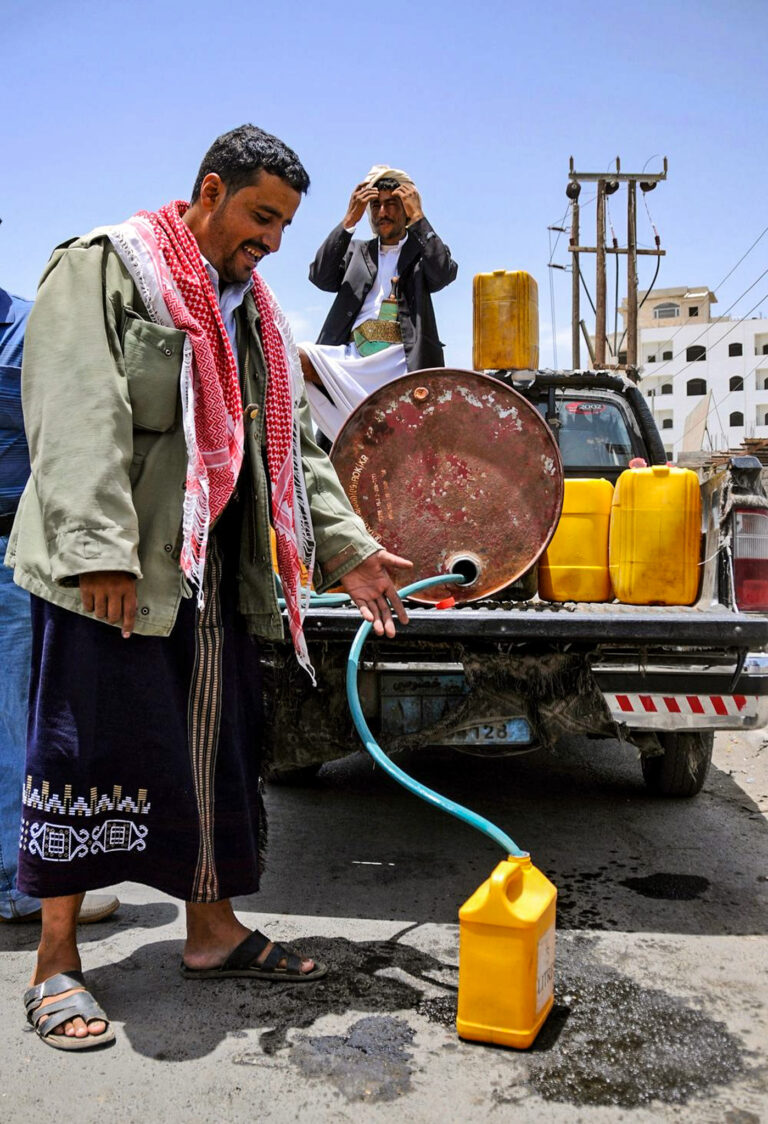
With a crippled economy, the main Yemeni energy sources (diesel, petrol and LPG cylinders) are only available in limited supply and can be very costly. This dynamic has caused many villages struggle to generate electricity, cook food, pump water, or afford transportation.
Energy is one of the top three expenses in a rural Yemeni household. The average rural household will spend 20% of their money on cooking fuel alone, which can only be provided by scarce fuel wood or through an expensive and limited supply of cooking gas.
Yemenis have been turning to solar PV technology in an attempt to address their rural electrification needs. Unfortunately with their limited knowledge and experience, many of these solar systems are inefficient, breakdown, destroy batteries and frustrate their owners. Poor experience with solar energy drives people away from alternative energy reliance.
ITDC has developed several solar energy solutions to address these needs.
Our Response
ITDC has deployed a solar solution to meet each of Yemen’s energy needs:
Energy for electricity
Solar Technician Training
Energy for cooking
Solar Cooking
Energy for accessing water
Solar Water Pumping Installations
Energy for transportation
Solar Electric Vehicles
Yemeni Trees Saved:
Each day 46 trees are saved thanks to the use of Solar cookers instead of traditional firewood.
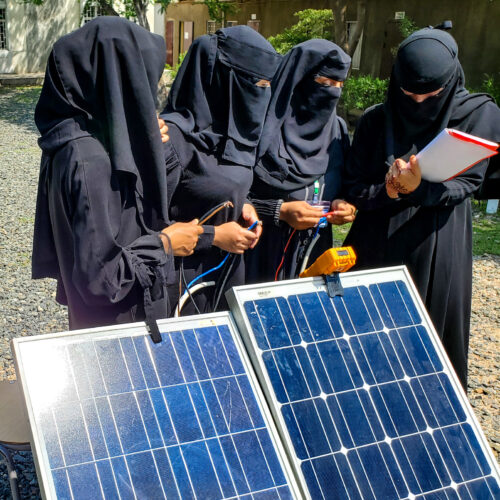
SOLAR TECHNICIAN TRAINING:
Our course consists of 10 days (40 hours) of training in designing, installing and maintaining battery based PV systems as well as solar thermal cooking. Each student receives hands on experience with PV modules, batteries, controllers and inverters and in teams of 4-5 participants, they each must build an AC and a DC PV system.
Since 2014, ITDC has trained thousands of Yemeni solar technicians, who have installed more than 6 MW of solar power.
SOLAR COOKER TRAINING:
Solar cooker training consists of 1 day course (3-4 hours) on how to build and use a solar cooker. This course has been integrated into humanitarian projects allowing food basket beneficiaries to cook the food they receive. Solar cookers come in a variety of designs, so ITDC has chosen to focus on two models: a cardboard and aluminum reflector or a satellite dish covered in aluminum foil. During the course, each participant builds a solar cooker using the provided parts of a 60 cm satellite dish and take it home with them after the training. The 60 cm satellite dish is the preferred model for this training, since it is low cost (~$6), durable and requires minimal tools, materials and expertise to assemble.
Since 2021, ITDC has enabled more than 7,000 Yemenis to routinely cook with solar technology.
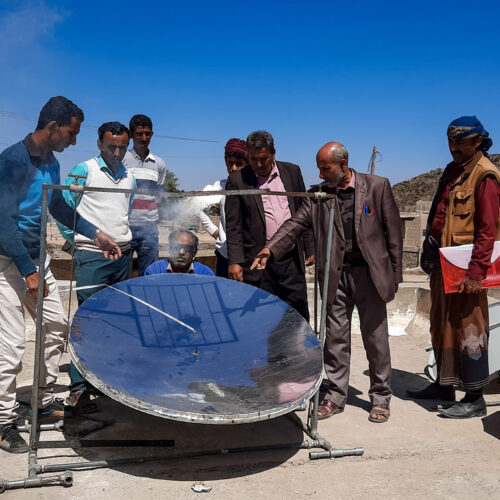
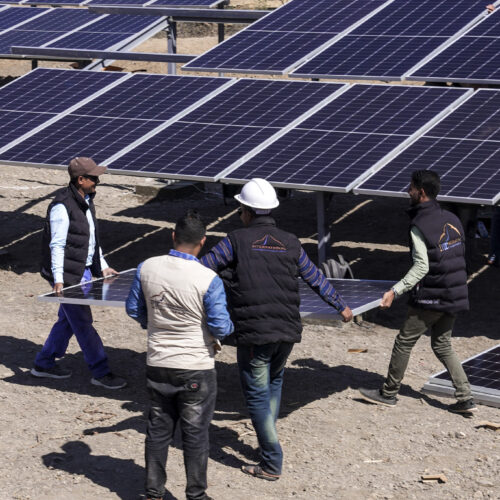
SOLAR WATER PUMPING INSTALLATION:
ITDC is retrofitting existing wells/boreholes with solar powered pumps to restore water access for rural communities. Existing diesel engines driving a mechanical pumps are removed to make way for a solar field, DC/AC inverter, and electric submersible pump. Sized to the community’s needs, the solar water pumping installations allow villages to break their dependence on the diesel supply chain and ensure community resilience. Despite installation costs of $40,000 for an average village (250-300 households), the savings from diesel pays back the entire installation within 5 years.
Since 2021, ITDC has helped village communities to restore their ability to access drinking water while remaining energy independent.
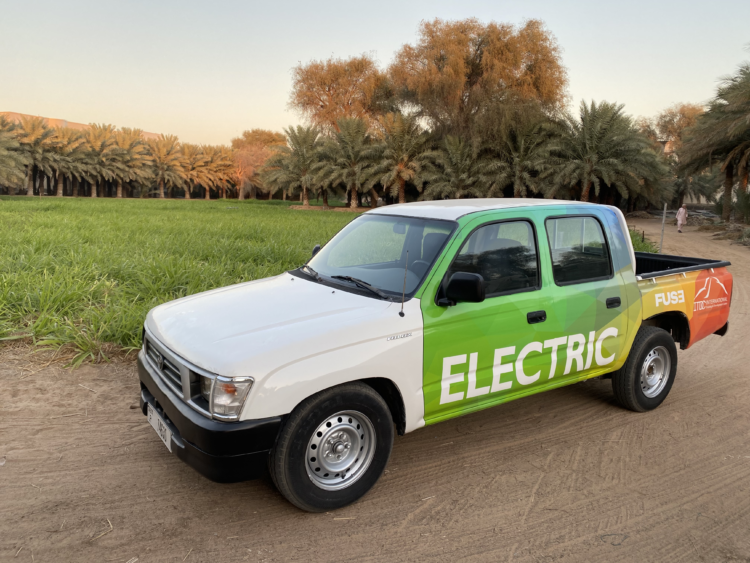
SOLAR ELECTRIC VEHICLES:
ITDC is now field testing the use of converted electric vehicles in Yemen. By converting existing village vehicles to electric drive and charging them through solar arrays, village communities will now have the ability to access the outside world, independent of petrol or diesel. Rather than using manufactured electric vehicles, ITDC’s approach is to convert vehicles using a prefabricated kit allowing people to obtain an electric vehicle for 1/2 of the cost of a manufactured EV, giving new life to older vehicles.
